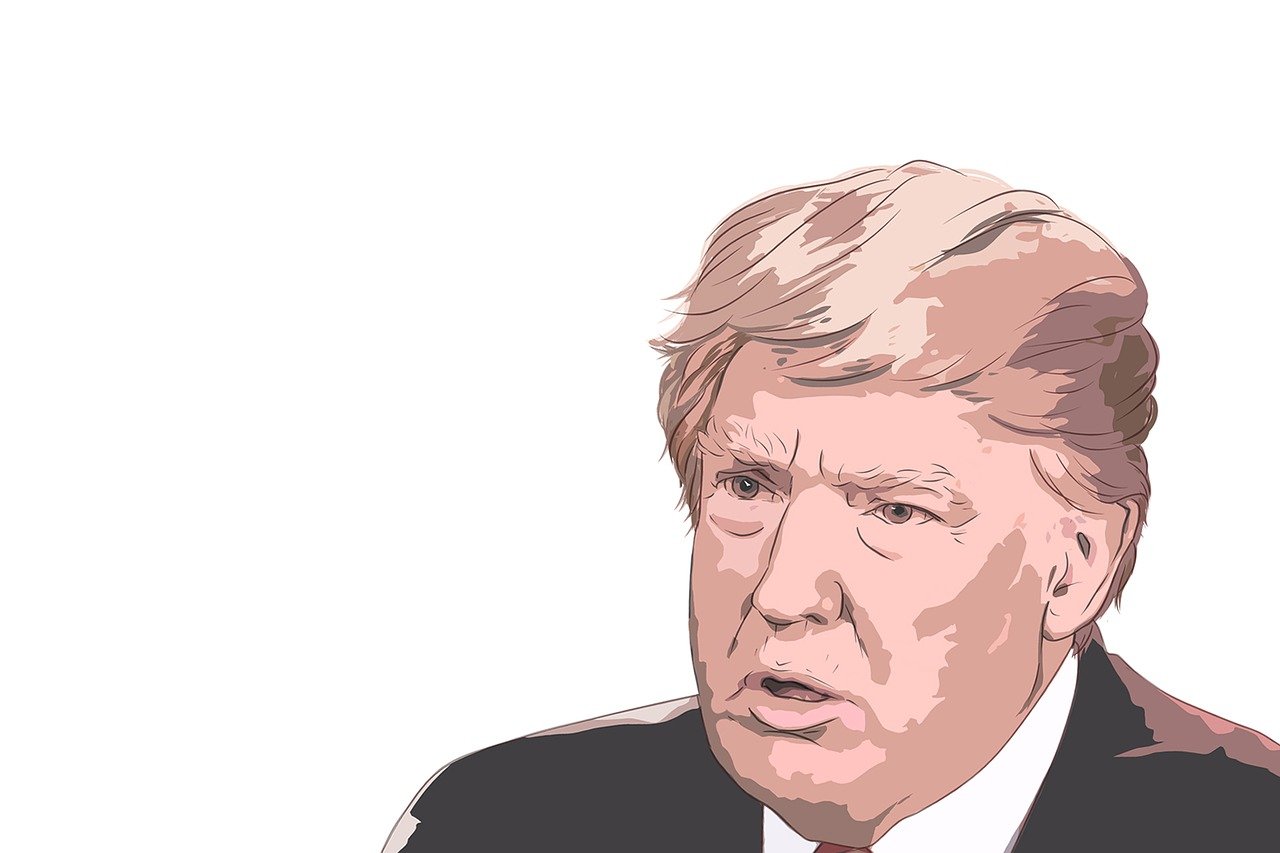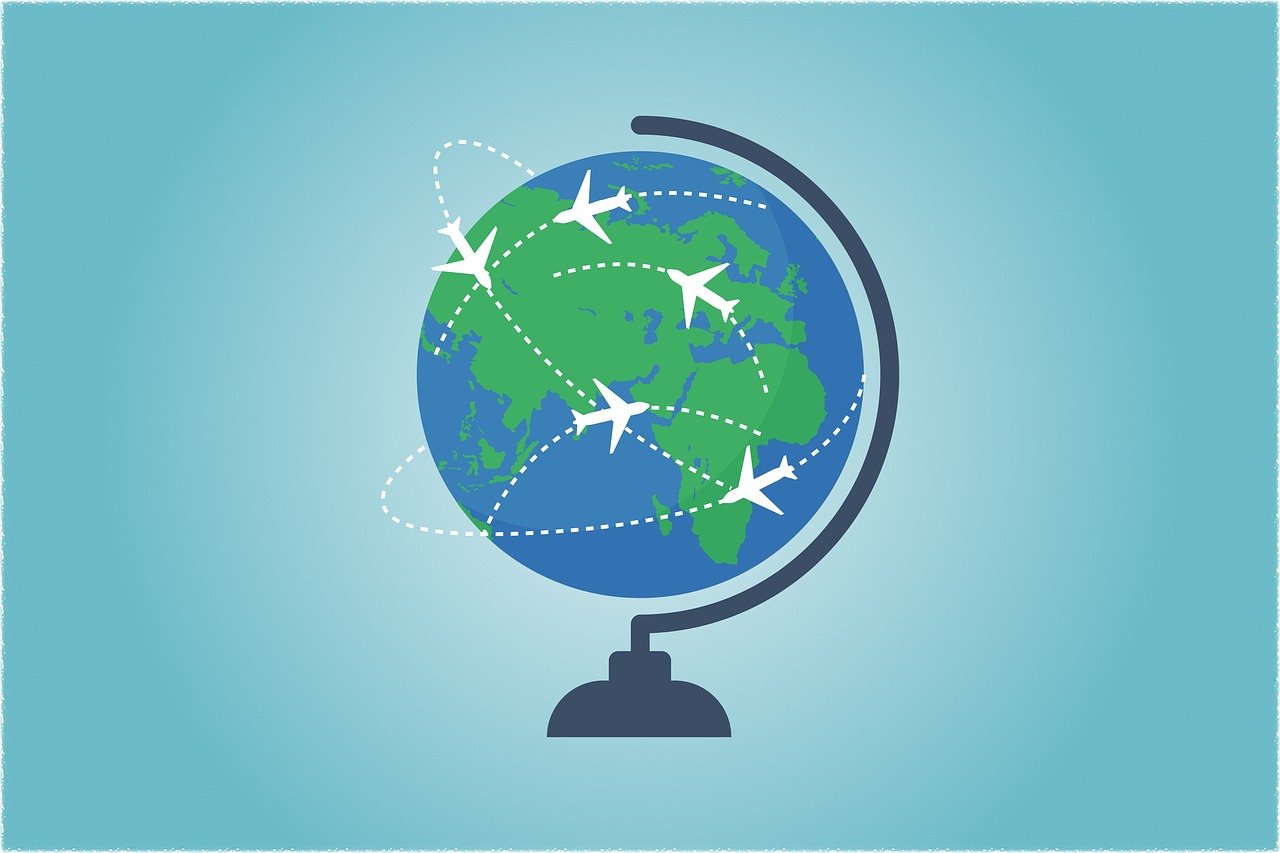- Starting March 1, 2026, the premium processing fee for I-140 immigrant worker petitions and most Form I-129 nonimmigrant worker petitions will increase to $2,965, from $2,805. Fees for premium processing of certain I-129 petitions for nonimmigrant workers, I-539 petitions to extend/change nonimmigrant status, and I-765 EADs for OPT and STEM classifications will also increase.
- The new fees apply to filings postmarked on or after March 1, 2026.
March 2026 Visa Bulletin: EB-2 Dates for Filing For All Countries Except China Become Current, USCIS to Honor Dates for Filing
 We are pleased to report that the U.S. Department of State’s Bureau of Consular Affairs has published the March 2026 Visa Bulletin.
We are pleased to report that the U.S. Department of State’s Bureau of Consular Affairs has published the March 2026 Visa Bulletin.
In this blog post, we breakdown the movement of the employment-based and family-sponsored categories in the coming month.
USCIS Adjustment of Status
U.S. Ends Temporary Protected Status for Yemen
 The U.S. Department of Homeland Security (DHS) has officially terminated the Temporary Protected Status (TPS) designation for Yemen, ending protections that shielded Yemeni nationals from deportation and allowed them to work legally in the United States.
The U.S. Department of Homeland Security (DHS) has officially terminated the Temporary Protected Status (TPS) designation for Yemen, ending protections that shielded Yemeni nationals from deportation and allowed them to work legally in the United States.
The change, announced on February 13, 2026, takes effect 60 days after the notice is published in the Federal Register.
Yemen was first designated for TPS in September 2015 due to severe armed conflict that made return unsafe. Since then, Yemeni nationals in the U.S., roughly 1,300–1,400 people were able to live and work here under this humanitarian status.
In announcing the termination, DHS said its review found that Yemen no longer meets the law’s requirements for TPS and that ending the designation was in the national interest. Affected individuals who have no other lawful status will have the 60-day wind-down period to either depart the U.S. voluntarily or pursue alternative immigration pathways.
The decision marks another step in the administration’s broader effort to roll back TPS protections that have been in place for decades for people from countries experiencing war, natural disaster, or other extraordinary conditions.
New SBA Rule Bars Green Card Holders From Government‑Backed Small Business Loans Starting March 1st
 Beginning March 1, 2026, the U.S. Small Business Administration (SBA) will restrict its flagship loan programs—like the 7(a) and 504 loans—to businesses that are 100 % owned by U.S. citizens or U.S. nationals whose primary residence is in the United States.
Beginning March 1, 2026, the U.S. Small Business Administration (SBA) will restrict its flagship loan programs—like the 7(a) and 504 loans—to businesses that are 100 % owned by U.S. citizens or U.S. nationals whose primary residence is in the United States.
Under the revised policy, lawful permanent residents (green card holders) are no longer permitted to hold any ownership stake (direct or indirect) in businesses seeking SBA‑backed loans.
A notice published by the agency earlier this month explains, “SBA is requiring that 100% of all direct and/or indirect owners of a small business applicant be U.S. Citizens or U.S. Nationals who have their Principal Residence in the United States, its territories or possessions.”
This rule removes a long-standing exception that previously allowed limited minority ownership of up to 5% by non‑citizens (such as E-2 investors) or green card holders under certain conditions.
Officials say the new rules implement President Trump’s January 2025 executive order, “Protecting the American People Against Invasion,” described as an effort to enforce U.S. immigration laws and safeguard public safety.
Gold Card Program Faces Legal Challenge
 The Trump administration’s “Gold Card” visa program, which lets ultra-wealthy immigrants obtain permanent U.S. residency in exchange for a $1 million gift, is now the target of a federal lawsuit challenging its legality.
The Trump administration’s “Gold Card” visa program, which lets ultra-wealthy immigrants obtain permanent U.S. residency in exchange for a $1 million gift, is now the target of a federal lawsuit challenging its legality.
The lawsuit filed by the American Association of University Professors argues that the program is unlawful, claiming it violates the Administrative Procedure Act, the Immigration and Nationality Act, and was implemented without statutory authority.
Instead of calling on Congress to establish a new visa category, President Trump unilaterally created the Gold Card program by executive order. The order instructs federal agencies to utilize visa numbers from the existing EB-1 “extraordinary ability” and EB-2 “exceptional ability” green card categories, which have been specifically reserved by Congress for highly skilled individuals at the top of their field.
Under the Gold Card program, a $1 million payment by an individual—or $2 million paid by a corporation on their behalf—is treated as proof that the applicant satisfies the EB-1 or EB-2 visa criteria.
New Lawsuit Challenges Trump’s 75-Country Immigrant Visa Ban
On January 21, the Trump administration quietly froze immigrant visa processing for people from 75 countries — a move that instantly threw thousands of families, workers, and employers into uncertainty.
Just weeks later, civil rights organizations and affected U.S. citizens who were separated from their family members have filed a federal lawsuit seeking to overturn the visa ban.
The government has described the pause on immigrant visa issuance as a temporary measure tied to concerns about immigrants becoming a “public charge.” But the new lawsuit argues that the freeze applies broadly, without individualized review, and affects people who have already spent years navigating the legal immigration system — including spouses of U.S. citizens and highly skilled workers with approved petitions.
Preparing for the FY 2027 H-1B Cap Under the New Rule and Fees
 As the FY 2027 H-1B cap season approaches, employers will need to take additional steps to prepare for the new wage-based weighted selection system and to assess whether their petitions will be subject to the recently implemented $100,000 H-1B fee.
As the FY 2027 H-1B cap season approaches, employers will need to take additional steps to prepare for the new wage-based weighted selection system and to assess whether their petitions will be subject to the recently implemented $100,000 H-1B fee.
Registration Opens March 4, 2026
USCIS recently announced that the initial registration period for the FY 2027 H-1B cap will open at 12:00 p.m. Eastern on March 4, 2026, and will close at 12:00 p.m. Eastern on March 19, 2026.
During this window, employers and their representatives must use a USCIS online account to electronically register each prospective H-1B cap beneficiary for the selection process and pay the required $215 registration fee for each registration.
New Changes to the H-1B Lottery
Pursuant to a new regulation, the Department of Homeland Security (DHS) is replacing the traditional random H-1B cap lottery with a weighted selection process that prioritizes beneficiaries offered the highest wages under the Department of Labor’s four-level prevailing wage structure.
DHS plans to implement the system on February 27, 2026, in advance of the FY 2027 H-1B cap season beginning in March 2026.
As a result, employers will be required to indicate, for each prospective beneficiary registered in the H-1B cap system, the applicable Department of Labor (DOL) prevailing wage level corresponding to the offered salary.
Nebraska Federal Court Orders USCIS to Approve EB-1A After Unlawful “Final Merits” Denial
 On January 28th a federal judge in Nebraska ruled that U.S. Citizenship and Immigration Services (USCIS) must approve an EB-1A petition that was previously denied, based on the court’s finding that the “final merits requirement,” was unlawfully adopted by USCIS.
On January 28th a federal judge in Nebraska ruled that U.S. Citizenship and Immigration Services (USCIS) must approve an EB-1A petition that was previously denied, based on the court’s finding that the “final merits requirement,” was unlawfully adopted by USCIS.
What Happened in the EB-1A Case?
On January 28, 2026, a U.S. District Court judge in Nebraska issued a decision in Mukherji v. Miller in favor of an EB-1A applicant who challenged the denial of her I-140 petition. The case focused on USCIS’s practice of applying a “final merits determination,” an additional layer of review that goes beyond evaluating whether an applicant meets the regulatory criteria for the EB-1A classification.
ICE Can Now Enter Homes Without a Judge’s Warrant — and That’s a Big Deal
 An internal Immigration and Customs Enforcement (ICE) policy memorandum provides new insights into how immigration enforcement works inside people’s homes.
An internal Immigration and Customs Enforcement (ICE) policy memorandum provides new insights into how immigration enforcement works inside people’s homes.
According to the memorandum, as early as May 2025, ICE told officers and agents they could break into people’s homes without a judicial warrant, as long as they had an administrative warrant and the person inside had a final deportation order.
The detention of people inside their residences, based solely on administrative warrants, marks a concerning shift in policy.
For years, legal experts have said the rule is simple: don’t open the door unless agents show a judge-signed warrant. The Fourth Amendment is clear—your home is protected from unreasonable searches and seizures. Typically, law enforcement can only enter with a judge’s approval, your permission, or in rare emergencies.
But this new policy says administrative warrants are enough. ICE officers are instructed to knock, identify themselves, and state their purpose. If someone refuses, according to the memo, agents can use “necessary and reasonable force” to enter.
The Department of Homeland Security says this is legal because “immigrants in the country illegally who are served administrative warrants or I-205s, (removal or deportation warrants), have had full due process and a final order of removal from an immigration judge.” But it removes a key constitutional safeguard and could lead to serious abuse.
When a Preschooler Becomes the Face of an Immigration Tug-of-War
A chilling photo of 5-year-old Liam Conejo Ramos in Minnesota has put a human face to rising concerns over aggressive immigration enforcement actions taken by ICE officials.
Since that photo made national headlines, we’ve learned that federal immigration agents detained the boy and his father outside their home in Columbia Heights, a Minneapolis suburb, as they returned from the boy’s preschool.
According to the superintendent of the school district, the boy was removed from the family vehicle in the driveway and was told by agents to knock on the family’s door to see if anyone else was inside. The family said ICE agents used the boy in an attempt to coax his mother out of the house — something she avoided doing out of fear of being detained while pregnant and caring for another teenage son.
DHS denies these claims, saying the boy was taken into custody only after his father told officers he wanted the child to remain with him. Officials said they attempted to place the boy with relatives before detaining him alongside his father. Following the incident, DHS issued a statement on X, stating, “Parents are asked if they want to be removed with their children, or ICE will place the children with a safe person the parent designates.”
 Visa Lawyer Blog
Visa Lawyer Blog




